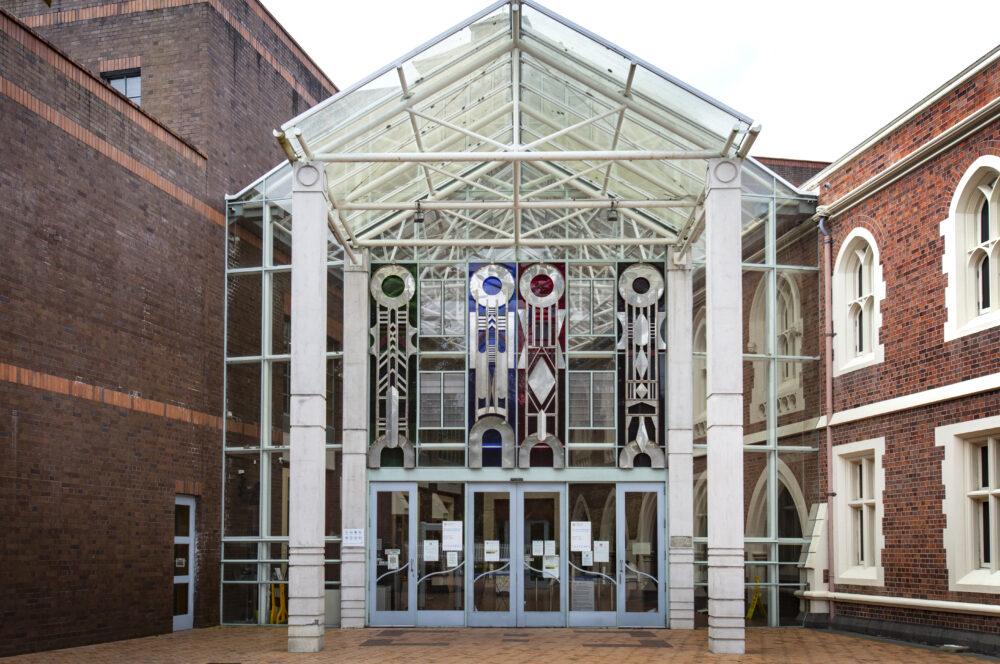
The coalition Government is continuing to work to try to restore law and order across New Zealand.
Associate Justice Minister Nicole McKee has announced it’s introduced a bill to restore the Three Strikes sentencing law.
“New Zealanders are rightly concerned about violent crime,” she says.
“We’re delivering on our commitment to introduce a revised Three Strikes law as one of our key law and order priorities.
“This Government has made it clear that repeat serious violent or sexual offending will not be tolerated.
“The Three Strikes law will help keep New Zealanders safer while sending a strong message to those who keep committing these serious crimes – repeat offending is not acceptable, and they will face increasingly serious consequences.”
McKee says the Bill will help protect victims and communities by keeping violent criminals off the streets and delivering justice for the victims of serious violent and sexual offending.
The Sentencing (Reinstatement of Three Strikes Regime) Amendment Bill restores the key features of the Three Strikes regime that was repealed in 2022.
In general, offenders will be warned of the consequences of re-offending at their first strike and will be denied parole at their second strike.
For a third strike, offenders will have to serve the maximum penalty without parole.
The Bill also introduces some important changes to make the Three Strikes law more workable. For example, it:
- adds the new strangulation and suffocation offence to more than 40 serious violent and sexual offences covered by the previous regime;
- focuses on serious offending by applying the three strikes law only to sentences above 24 months;
- imposes appropriately lengthy non-parole periods for people who commit murder, of 17 years at second strike and 20 years at third strike;
- provides some judicial discretion to avoid manifestly unjust outcomes and address outlier cases;
- sets out principles and guidance to help the court’s application of the new law; and
- allows a limited benefit for guilty pleas to avoid re-traumatising victims, and to reduce court delays.
“The Bill continues the work this Government is doing to restore law and order and improve public safety, such as cracking down on gangs, limiting sentencing discounts, and removing funding for section 27 cultural reports,” McKee says.
“I encourage the public to have their say on the Bill at select committee stage.”
The Bill will have its first reading in Parliament this week before being referred to the Justice Committee.










